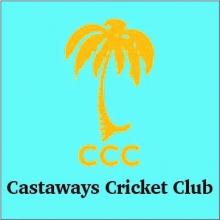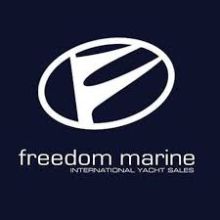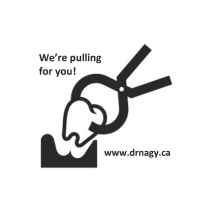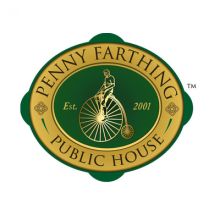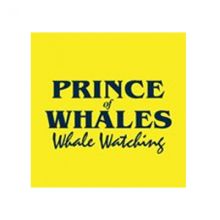Wednesday's Ruck & Maul
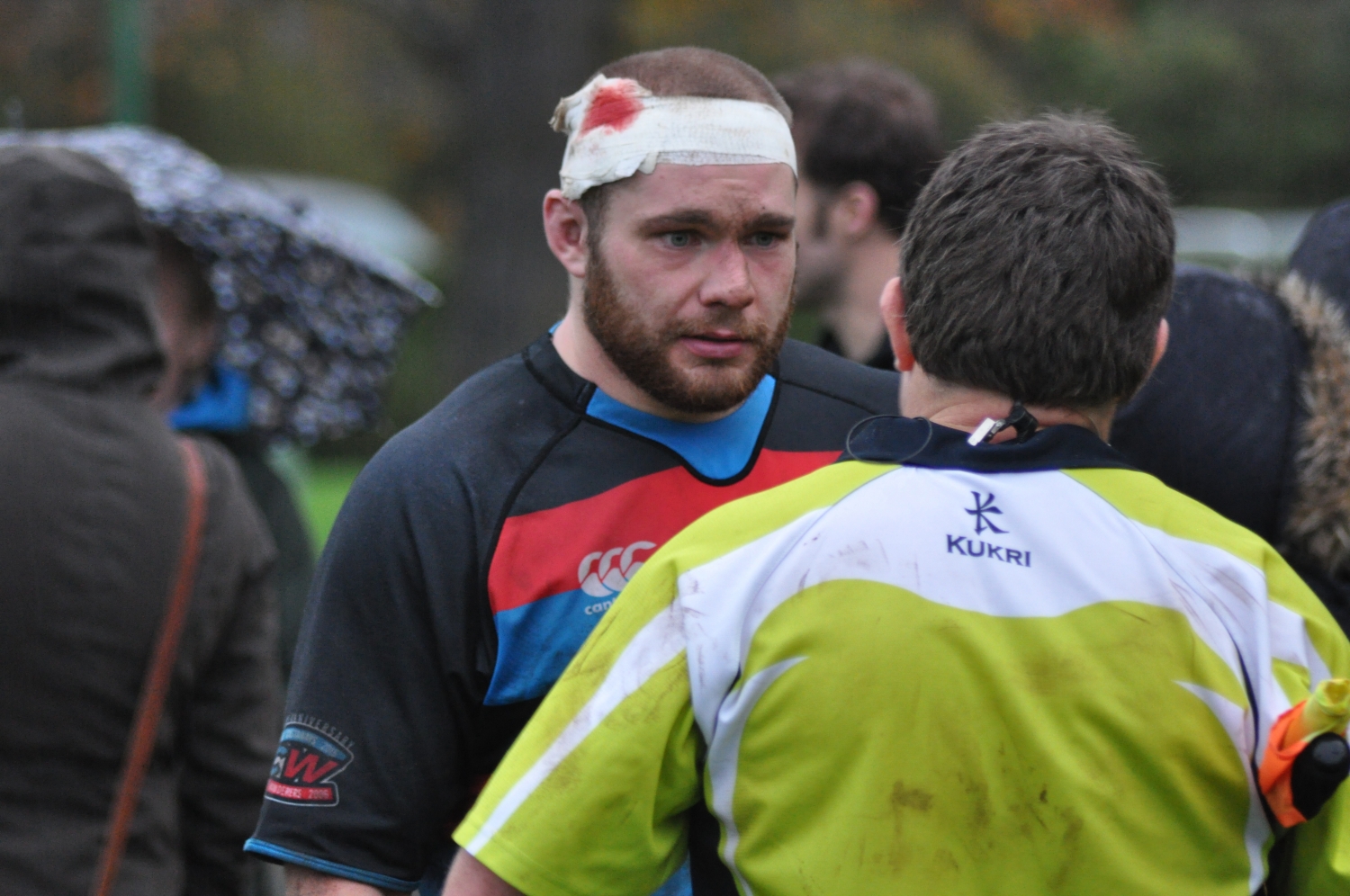
CW & the SPORT INFORMATION RESOURCE CENTRE
Recently CWRFC was awarded a grant by SIRC for honouring the importance of coaching and the club’s athletes. SIRC was incorporated in 1973, SIRC, the Sport Information Resource Centre, is Canada’s leader and most trusted partner in advancing sport through knowledge and evidence. SIRC is committed to engaging with organizations and individuals involved in the development of sport, recreation and physical education in Canada and around the world, to enhance the capacity of our shared community to foster growth and the pursuit of excellence. SIRC is funded in part by the Government of Canada.
The Sport Information Resource Centre (SIRC) is pleased to continue making sport safer in Canada with renewed efforts focused on the community level. Through SIRC’s Community Activation Grants program, 25 organizations have received grants to focus on education and awareness of concussion and safe sport in their communities, from coast-to-coast-to-coast. The education and awareness of both concussion and maltreatment are supported by the Government of Canada.
“Safety is a priority and Canada is taking a leadership role,” says Debra Gassewitz, SIRC president and CEO. “Every single one of us is responsible for safe sport: be it the athlete; the coach; the guide; the administrator; the volunteer; anybody watching; even the spectators in the crowds. We all need to be watching out for everyone.”
The 25 recipient organizations include: Alberta Whitewater Association: Association Québécoise de sports pour Paralytiques Cérébraux; Aurora Synchro; Calgary Gymnastics Centre; CARHA Hockey; Castaway Wanderers Rugby Football Club; Curl BC; Edmonton North Zone Soccer Association; Freestyle BC; Gananoque Canoe Club; Laurier Figure Skating Club; Northwest Territories Amateur Speed Skating Association; Ontario Curling Council; Ottawa Sport Council; Pickleball Hamilton Association; Ringette Calgary – Ringette For All; Scorpions Youth Volleyball Club; Soccability Canada; Sport North Federation; Sport Nova Scotia; Sport Yukon; Taekwondo Canada; Toronto Inner-City Rugby Foundation (TIRF); Volleyball BC; Winnipeg Newcomer Sport Academy.
The grant was awarded based on the following.
What is Safe Sport?
“Castaway Wanderers Rugby club creates and maintains Safe sport by providing an inclusive culture where all people, players, coaches, administrators, officials and spectators feel protected within rugby. A safe sport environment helps players push their limits and try new things, and includes:
• Injury prevention
• Concussion protocols
• Recognizing and eliminating all forms of maltreatment
• Planning and implementing safe rugby practices
• Responsible coaching
• Fair play
• Reporting and responding to breaches in sport safety
Ultimately, all members of the club will excel and succeed in their goals when a culture of safe sport is ensured.
Community Activation Grant.
In 2021 CW received a SIRC community activation grant to assist in implementing and creating awareness of safe sport in the club. As part of this grant, CW strives to create awareness of SIRC resources for its members.
Responsible Coaching
CW rugby club has taken the Coaching Association’s of Canada Responsible Coaching Movement Pledge. Responsible coaching ensures that club implements for coaches and club leaders:
1. Background screening
2. Rule of Two
3. Ethics and safe sport training
Concussion Protocols
CW Rugby takes concussion seriously and strives to ensure concussion protocols are adhered to by all players and coaches. All coaches must take World Rugby player welfare online concussion module. The club would like to ensure that everyone uphold the 3 T’s to tackle concussion
Telling – Aimed at telling club members about the importance of concussion awareness and prevention.
Teaching – Aimed at teaching technique in order to prevent head trauma in rugby.
Tracking. We intend to track players who have had concussion and monitor return to play protocols.
Code of Conduct.
CW rugby follows both the BC Rugby and Rugby Canada Code of Conduct as part of our registration. As a club we will be updating our Code of Conduct which applies to all members of the club as well as spectators and parents.
Portion of CW’s successful application was recently featured in the SIRC’s newsletter, specifically related to Concussion Awareness and the club’s policy.
Spotlight 5: Castaway Wanderers Rugby Football Club
Concussion education and awareness are typically top priority in sports like rugby, where contact isn’t just inevitable, but a main element of the game. For this reason, clubs like the Castaway Wanderers (CW) in Victoria, British Columbia, are developing and promoting concussion and Safe Sport initiatives. after a lengthy stint away from the game because of COVID 19, athletes must be reintroduced to effective techniques for preventing injuries during contact. This is a new challenge for sports like rugby. After a lengthy stint away from the game because of COVID 19, athletes must be reintroduced to effective techniques for preventing injuries during contact. This is a new challenge for sports like rugby.
“The ability to help athletes return to play in a safe manner is paramount for what we’re trying to do,” says David Hill, CW’s Mini Rugby Program Coordinator. “I think when you’ve players that haven’t had [any contact] for 15 months, if not more, it’s going to be challenging. “While concussion initiatives have always been a part of CW Rugby, the SIRC grant will fund a new, post-pandemic era of return-to-contact campaigns. One such campaign is what Hill calls the “3 Ts.”
The first T is for “Tell.” Concussion symptoms may be more easily hidden than other injuries. So, athletes might keep quiet about a head injury if, for example, they fear they’ll be removed from play. That’s why spreading awareness about the importance of speaking up and encouraging athletes to tell someone is the first step. “If you’re not telling at least your coach that you suspect a head injury, then you’re putting not only yourself at risk, but maybe some others at risk,” says Hill.
The second T is for “Teach.” For this component, CW focuses on how they’ll teach return to contact. This includes purchasing equipment, such as tackle bags, to teach contact technique while limiting human-to-human contact, according to Hill. CW Rugby also plans to host a Safe Sport and return to contact professional development session with coaches before the fall season starts.
The third T is for “Track.” Knowing players’ concussion history is important for decision-making. However, currently, there’s no system in place at CW Rugby for tracking this information. Some funds from the grant will be put toward a tracking system. “It’s important from a club perspective that we set up something, so we know who’s sustained concussions over a period of time and so that we’re better informed,” says Hill. “The ability to help athletes return to play in a safe manner is paramount for what we’re trying to do,” Hill adds.“I think when you’ve players that haven’t had [any contact] for 15 months, if not more, it’s going to be challenging.”
Obviously, this was a comprehensive process and the need to make all members of the organization responsible for the commitments made is vital. Kudos BIG TIME to all those responsible for the successful application and putting these elements on paper and into practice. Go, CW!





